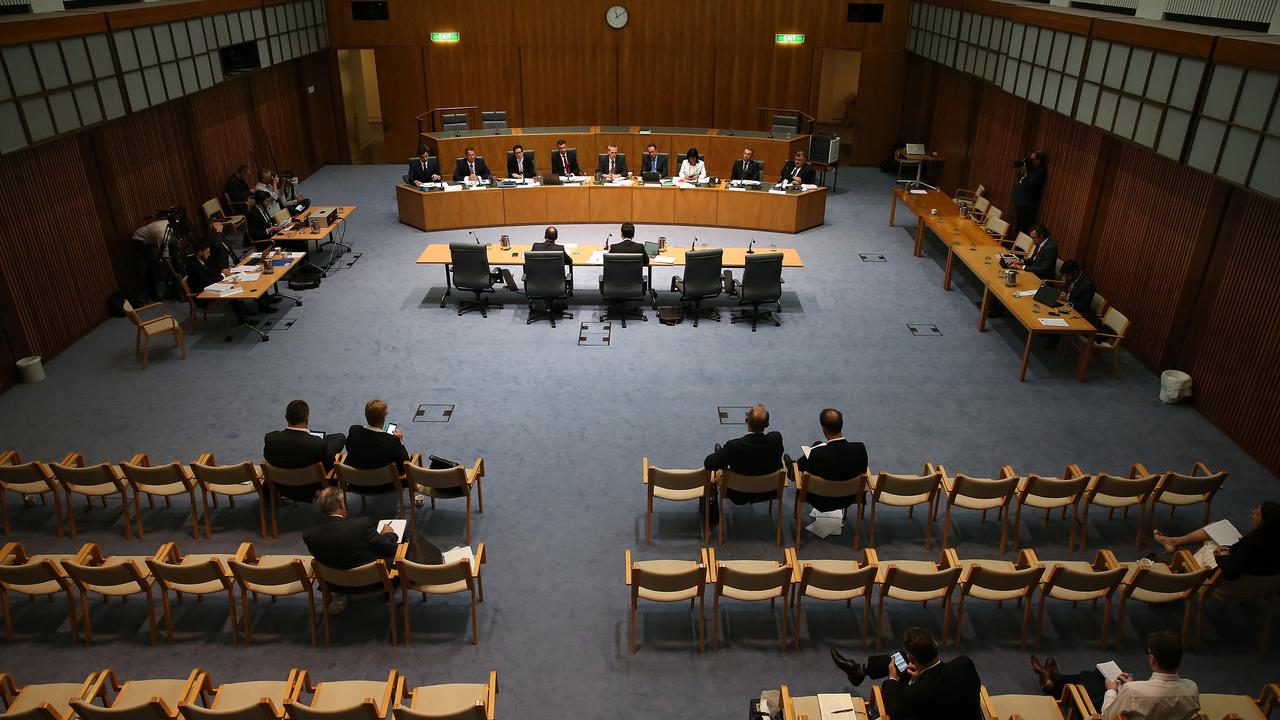Britain weighs Brexit dilemma
The release of a settlement proposal represents progress, but it could still prove unpopular with British voters.

Both EU President Donald Tusk and UK Prime Minister David Cameron have hailed the measures proposed in the European Union’s first published draft agreement on UK membership, following months of work by negotiating teams.
On each side, the message is a balance between enthusiasm for the goal of being seen to strike a successful bargain and the restraint of worry over being seen to cede too much power, and the very real destabilising effects that could bring.
For Tusk, the Polish President of the European Council for just over a year, that meant an attempt to channel the regal existentialism of England’s beloved Hamlet. “To be, or not to be together, that is the question,” the President tweeted.
David Cameron, meanwhile, overnight pledged “hand on heart” that he has achieved the goals set before Brits in his membership manifesto, sent to Tusk in November, which contained four central pledges.
In reality, the pair have negotiated a draft that does offer concrete developments. It might, however, be unpopular with any Brits who were interpreting Cameron’s pledge in the most fully literal terms.
On the issue of British competitiveness, Tusk’s draft pledges a commitment to “increase efforts to enhance competitiveness.” “We will regularly assess progress in simplifying legislation and reducing burden on business so that red tape is cut.”
It’s a worthy aim, but the PM’s efforts to convince voters he’s making progress on an extended single market will be up against complaints from those who say they’ve heard similar EU pledges before. Professor of Economics at Cardiff Business School, Patrick Minford, estimates the volume of regulation originating from the EU cost the UK economy 6 per cent of GDP in 2014-15, based on nominal GDP of £1.9 trillion.
Competitiveness, however, is not the most politically sensitive issue for voters across Britain at large.
On the hot polling topic of social benefits and freedom of movement, the draft proposes measures including tweaked EU legislation to restrict child support payments for children of migrants still living outside the UK by indexing them to standards of living in the resident country. It also suggests limiting the in-work benefits paid to migrants for their first four years in the UK, restoring them fully after that time.
Cameron had sought to eliminate those child support payments and early in-work benefits entirely, as part of a much-vaunted ‘emergency brake’, and dilution in the draft proposals is, on one hand, certain to generate media headlines for weeks to come. Voters and analysts alike will be watching closely for other EU members’ reactions to the in-work benefits proposal, which has potential to be a major roadblock. But on the other, the child benefit proposals are seen among those most likely to gain approval from other EU countries when put to a preliminary vote.
The PM is also unlikely to see much opposition within the union to suggested clarification of the EU’s ‘freedom of movement’ principle, spelling out restrictions on public security grounds. Draft proposals to crack down on freedom of entry for terrorism suspects as well as entry loopholes such as fake marriages are likely to resonate strongly with his electorate.
Cameron may also be able to chalk up another win in Tusk’s draft on sovereignty. The PM’s headline demand had been a guarantee the UK would not be committed to additional political integration, despite the loaded principle of ‘ever-closer union’ enshrined in 1957’s Treaty of Rome. On that front, the draft proposes a new, explicit statement that the UK is not bound to further political integration, in light of its “special situation” without the eurozone in existing treaties.
The draft goes even further, proposing a new mechanism that would enable any draft EU legislation to be scrapped if “a number” of national parliaments object on the grounds of it being outside EU powers. That’s a high threshold for objection, but it does give Cameron hope for an additional concrete measure to take to the polls.
Meanwhile, London’s city banks, concerned with creeping effects of economic governance, will be among those closely watching the outcome of the debate on economic governance. Here, the draft opens the door to a new mechanism intended to clarify the boundaries between eurozone and non-eurozone membership and improve the confidence and flexibility of each to act in their sphere. In Tusk’s words, the mechanism would balance “reassurance on the concerns of non-euro member states” with a guarantee to others that they cannot veto or delay “urgent decisions”. In reality, its details have yet to be ironed out.
Analysts have cast some doubt on whether a unified EU proposal can be agreed this month, as pledged by Cameron. A pivotal European Council summit on membership talks, at which members will debate the proposals, is scheduled for February 18-19. And Tusk is publicly hopeful of a quick deal, saying “the clear objective is to have an agreement of all 28 [members] at the February European Council.”
Once accepted by EU members, a deal could be put to UK voters within just a few months. That could potentially mean a Brexit referendum as early as June.
Follow Amber Plum on Twitter at @amber_plum.




It is a breakthrough of sorts -- in the sense there’s now tangible progress on the table.